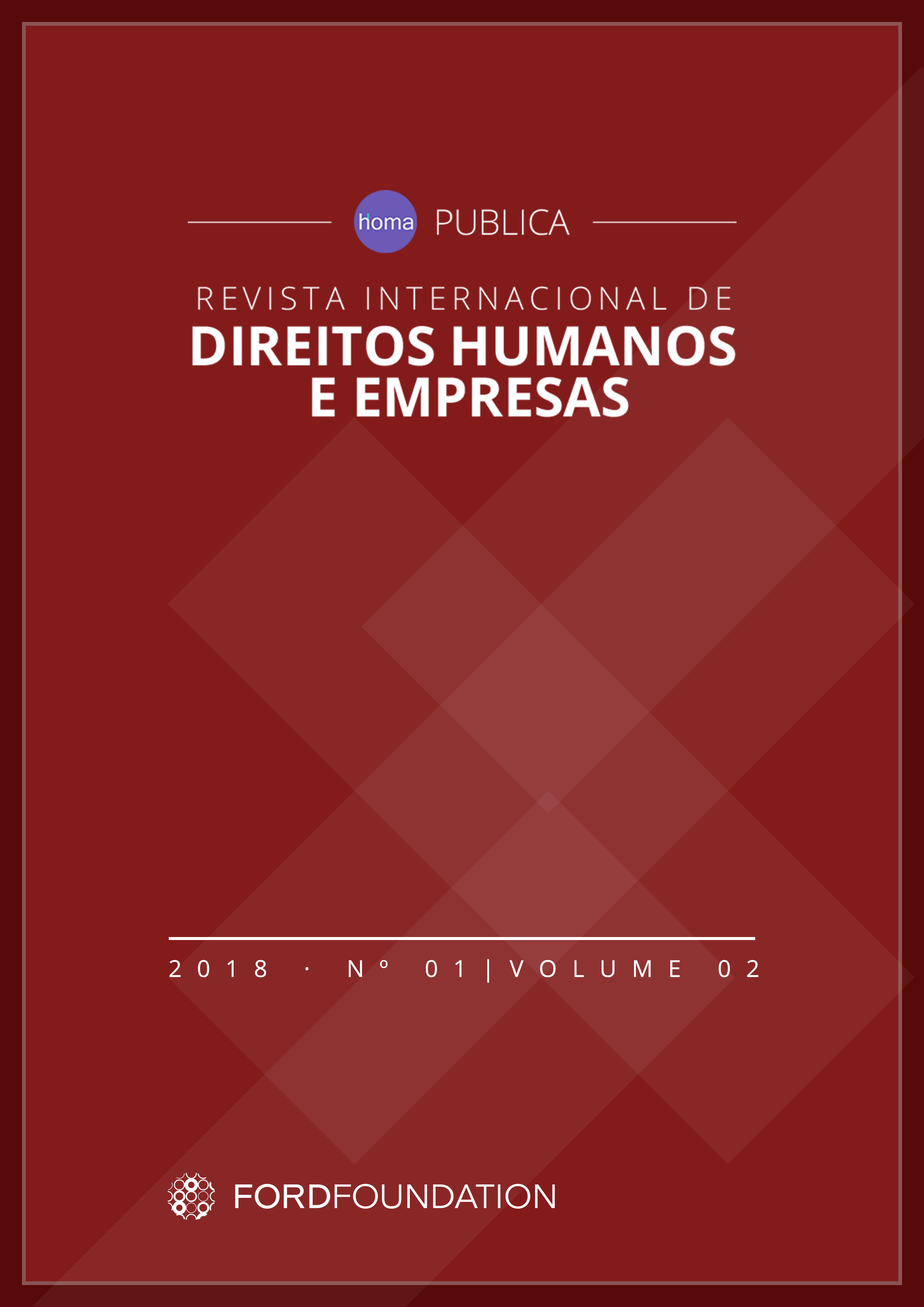Publicado 2018-01-31
Palabras clave
- Estado,
- Democracia,
- Corporações transnacionais,
- Poder de classe
Cómo citar
Resumen
O Estado se estrutura pela condensação de forças em disputa que constituem o bloco de poder hegemônico, bem como a ideologia que esse bloco carrega e que orienta a ação da sua burocracia de Estado, mesmo que temporariamente e em permanente conflito. Qual o espaço para a democracia a partir do momento em que a grande corporação transnacional consegue influenciar e ocupar os aparelhos de Estado? A democracia supõe que os indivíduos têm o poder de constituir o Estado e de interferir politicamente pelo voto, supondo poderes iguais quando há, na verdade, de um lado, indivíduos isolados e, de outro, corporações transnacionais organizadas em instituições supraestatais globais. Como é possível a democracia? A história demonstra que ela apenas se enfraquece.
Descargas
Citas
CHESNAIS, François. A mundialização do capital. São Paulo: Xamã, 1995.
CHOMSKY, N. Os Estados fracassados: o abuso do poder e o ataque à democracia. Rio de Janeiro: Bertrand Brasil, 2006.
CHOMSKY, N. Quem manda no mundo? São Paulo: Planeta, 2017.
CLASTRES, Pierre. A sociedade contra o Estado. Rio de Janeiro: Francisco Alves, 1986.
COHEN, E.D. Multinational Corporations and Foreign Direct Investment: avoiding simplicity, embracing complexity. New York: Oxford, 2007.
DICKEN, Peter. Global Shift: the internationalization of economic activity. London: Paul Chapman Publishing, 1992.
DOWBOR, L. A era do capital improdutivo: a nova arquitetura do poder; dominação financeira, sequestro da democracia e destruição do planeta. São Paulo: Outras Palavras, 2017.
HODGSON, G. Economia e Instituições: manifesto por uma economia institucionalista moderna. Portugal – Oeiras: Celta, 1994.
HYMER, S. Empresas Multinacionais: a internacionalização do capital. Rio de Janeiro: Graal, 1978.
KISSINGER, H. Sobre a China. Rio de Janeiro: Objetiva, 2011.
KORTEN, David C. Quando as corporações regem o mundo. São Paulo: Futura, 1996.
MARCARO, Alysson L. Estado e forma política. São Paulo: Boitempo, 2013.
MARX, Karl, Crítica da filosofia do direito de Hegel. São Paulo: Boitempo, 2005.
MÉSZÁROS, Istvan. A Montanha que Devemos Conquistar: reflexões acerca do Estado. São Paulo: Boitempo, 2015.
MÉSZÁROS, Istvan. Para Além do Capital: rumo a uma teoria da transição. São Paulo: Boitempo, 2002, p.108.
MICHALET, C-A. La séduction des Nations ou comment attire les investissements. Paris: Economica, 1999.
PALLOIX, Crhistian. As Firmas Multinacionais e o Processo de Internacionalização. Lisboa: Estampa, 1974.
POULANTZAS, Nicols. Classes in Contemporary Capitalism. London: NLB, 1976.
POULANTZAS, Nicols. O Estado, o Poder, o Socialismo. Rio de Janeiro: Graal, 1985.
SKLAIR, L. The transnational capitalist class. Oxford-UK/Victoria-Australia: Blackwell, 2001.
SOUSA SANTOS, Boaventura. A difícil democracia: reinventar as esquerdas. São Paulo: Boitempo, 2016.
WILLIANSON, Oliver. The Economic Institutions of Capitalism. New York: The Free Press/Macmillan, 1985.
WOOD, Ellen. Democracia Contra Capitalismo: a renovação do materialismo histórico. São Paulo: Boitempo, 2003.
WOOD, Ellen. O Império do Capital. São Paulo: Boitempo, 2014.

